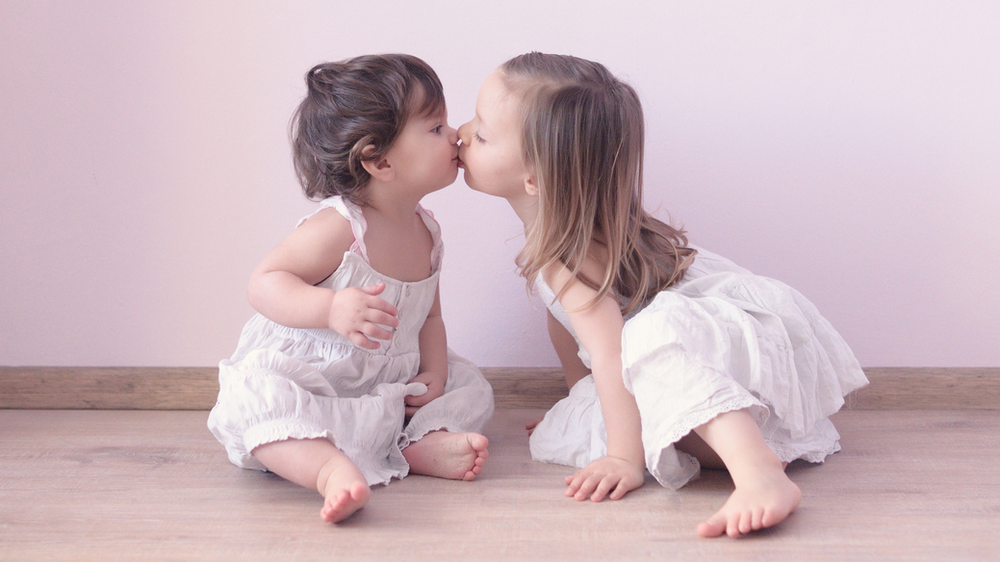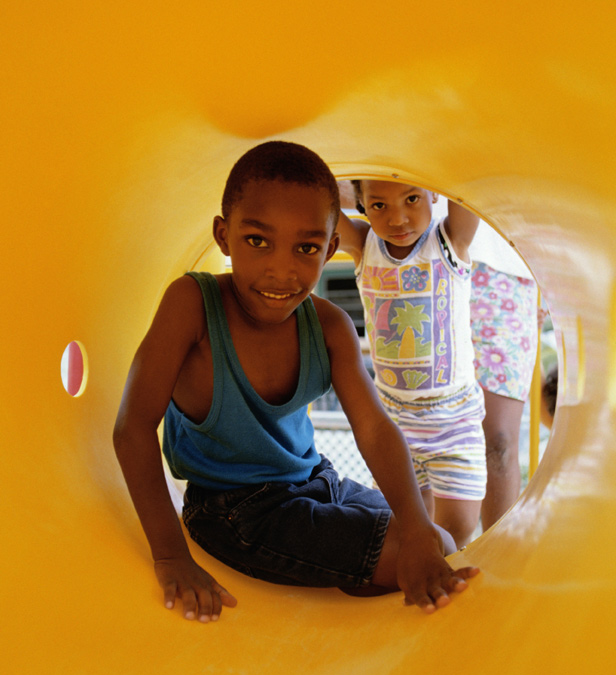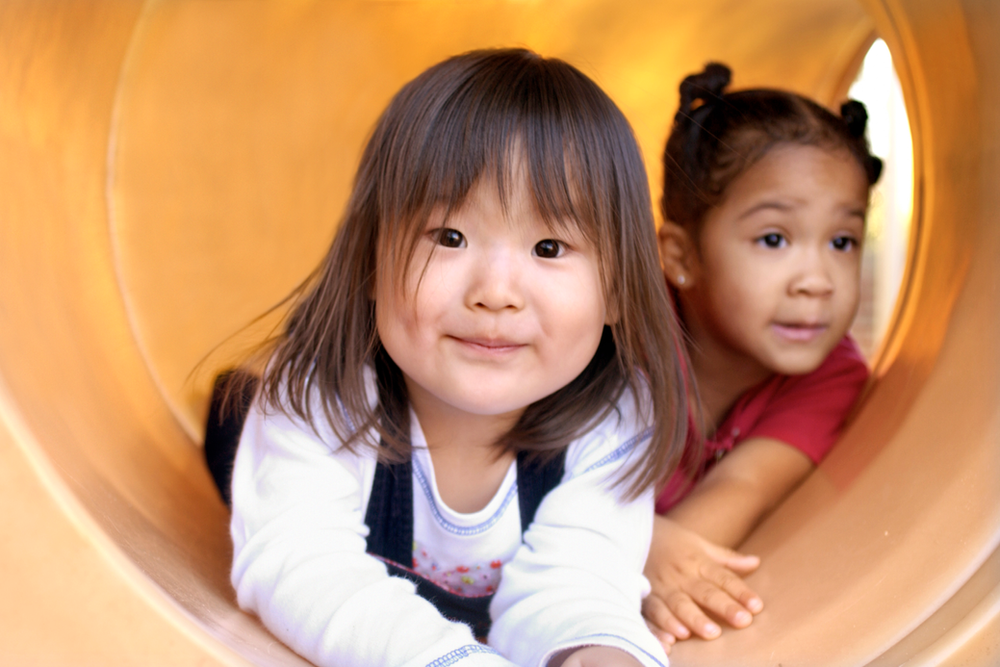If you imagine a traditional preschool, you might think about children sitting together at circle time, singing songs all together,…


If you imagine a traditional preschool, you might think about children sitting together at circle time, singing songs all together,…

The Freedom to Interact with Others reflects one of Montessori’s Tendencies of Humans: the Tendency toward Communication. We understand…

In some ways, protecting the Freedom of Choice for learners in the Third Plane of development can be the most stressful for parents and…

If we understand the Freedom of Choice to expand in 3-6 from a child’s agency over their own basic needs to include authority over their…

While the protected Freedom of Choice for Infants and Toddlers tends mostly to lie in a preservation of the child’s natural patterns for…

One of Montessori’s “Four Freedoms,” is the Freedom of Choice, the agency of the individual that is protected in our prepared…

Montessori was deeply concerned with the nature of development in adolescence, and the disparity between the expectations of formal…

Remember what distinguishes the Second Plane of Development, that window from six to twelve years old. Moving out of the “construction of…

A core tenet of Montessori is that children are free to move. We understand that the child’s developing mind is influenced by their…

‘What are the conditions of the creative attitude, of seeing and responding, of being aware and being sensitive to what one is aware of?…